Bristol Mayor slams 'discredited' underground report
- Published
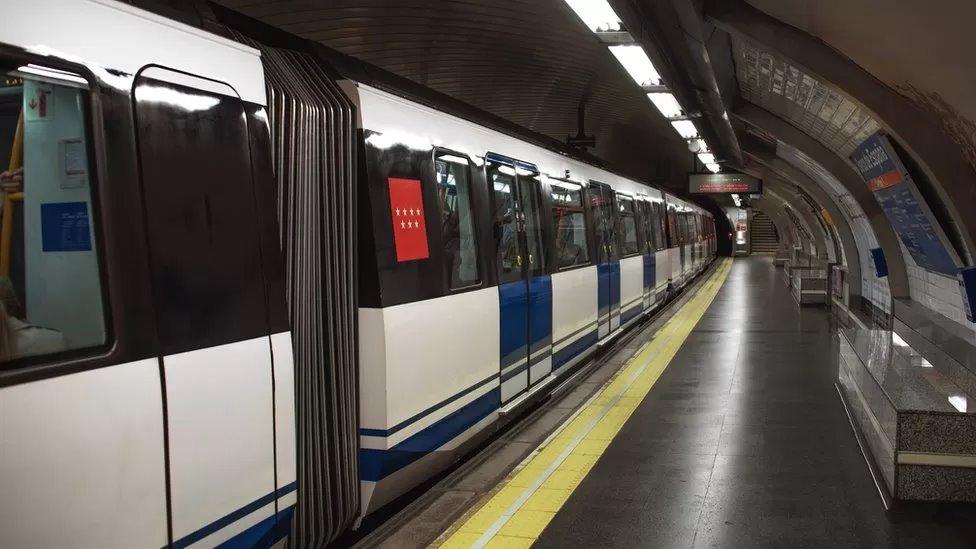
The report says there is "no clear way" to fund a Bristol underground transport system
The Mayor of Bristol has attacked a report which claimed an underground system for the city could cost over £18bn.
The report, commissioned by the West of England Combined Authority (WECA), also claimed there was "no clear way" to fund it.
It estimated prices of different systems from £1.6bn to £18.3bn.
Mr Rees's spokesperson said the report was "discredited" and the likely cost was between £4-7bn.
The financial report was published by WECA, external following a campaign under Freedom of Information laws by the the Local Democracy Reporting Service (LDRS). It is part of a wider study by consultants WSP.
LDRS had previously reported the headline figures of the report, that an overground mass transit network would cost between £1.5bn and £1.8bn, but an underground would cost ten times more, at £15.6bn to £18.3bn.
Costs could rise further
The document reveals the £15.6bn cost refers to a "rubber-wheeled" system, essentially buses on dedicated routes.
The price tag of £18.3bn is for building a "steel-wheeled solution", similar to light rail.
However, neither estimate includes buying the necessary land, demolishing buildings or the associated legal costs, meaning the final price tag is likely to be even higher than the costs quoted.
A machine to dig tunnels for an underground would also cost extra.
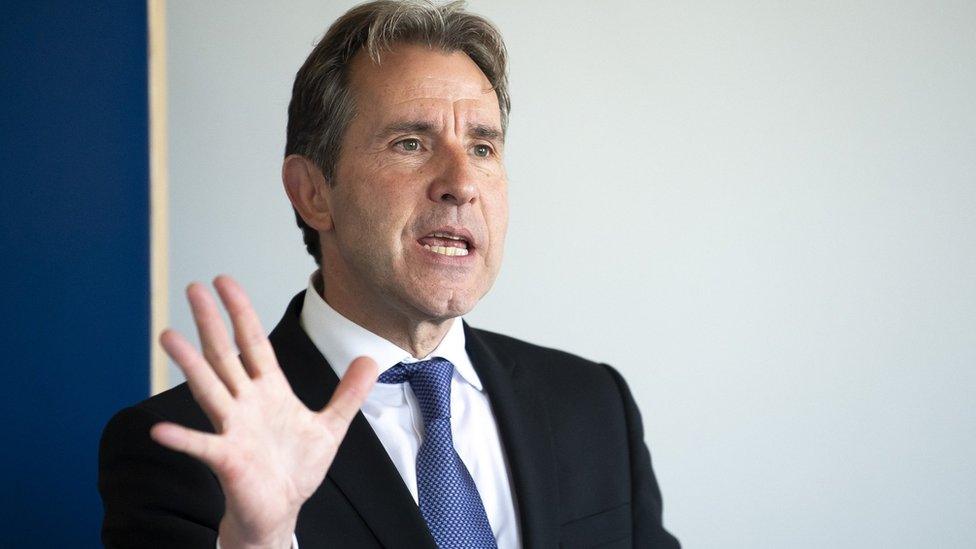
WECA metro mayor Dan Norris has said it was unlikely the underground would be built due to high costs
The consultants made clear that so far, there is "not a clear position of how the mass transit system would be paid for and/or operated."
However, they did list numerous ways to fund different aspects of the scheme. These included government funding, loans and even potential charges for road users.
The report estimates all three options would make money over the first 60 years.
An overground system would generate £16bn in revenue, compared to its £10.7bn running costs.
An underground would bring in £23.9bn, against operating costs of £13.2bn for a rubber-wheeled system and £18.7bn for one that is steel-wheeled. However, these comparisons do not take the initial cost of building the network into account.
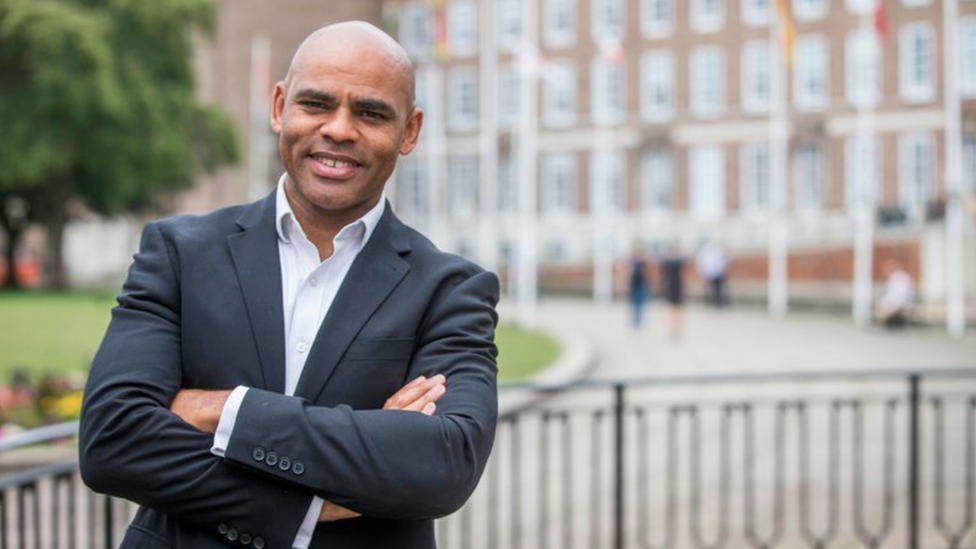
Bristol Mayor Marvin Rees had previously estimated the cost of an underground at £4bn
Building a mass transit system has always been a political priority for Mr Rees.
In a statement, his spokesperson repeated his commitment to the project, saying: "Bristol residents recently made it clear that transport is the number one dissatisfaction in the city.
"We cannot keep spending money improving ways to bring people into the city when residents cannot move around.
"The WECA report has already been discredited, due to a flawed brief which needlessly sought to put the entirety of the proposed network underground. Our projected costs are between £4-7 billion, because like in London, underground sections are only needed where a fully segregated overground solution is not possible.
"The revised costings and detailed plans have been shared with the combined authority and we are calling on them to show the ambition required to deliver a 21st century transport system.
"Any delay or change of direction now is simply repeating the failures of the past and failing Bristol."
Political divide
It appeared to deepen a political divide between the two Labour Mayors in the Bristol area.
West of England Mayor Dan Norris has previously said he believes the project is "unlikely" to be built owing to the "vast" costs attached. The BBC understands he does not want to commit any more money even to fund further studies, at least until the most expensive options are ruled out.
In a statement, a West of England Combined Authority spokesperson said: "The West of England Combined Authority has full confidence in the draft WSP report."

Follow BBC West on Facebook, external, Twitter, external and Instagram, external. Send your story ideas to: bristol@bbc.co.uk , external
Related topics
- Published24 February 2023
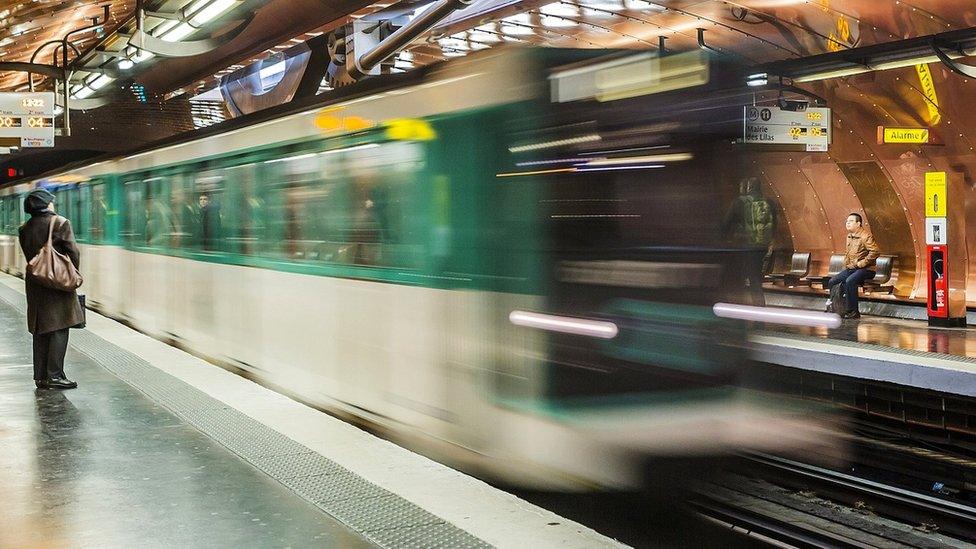
- Published15 February 2020
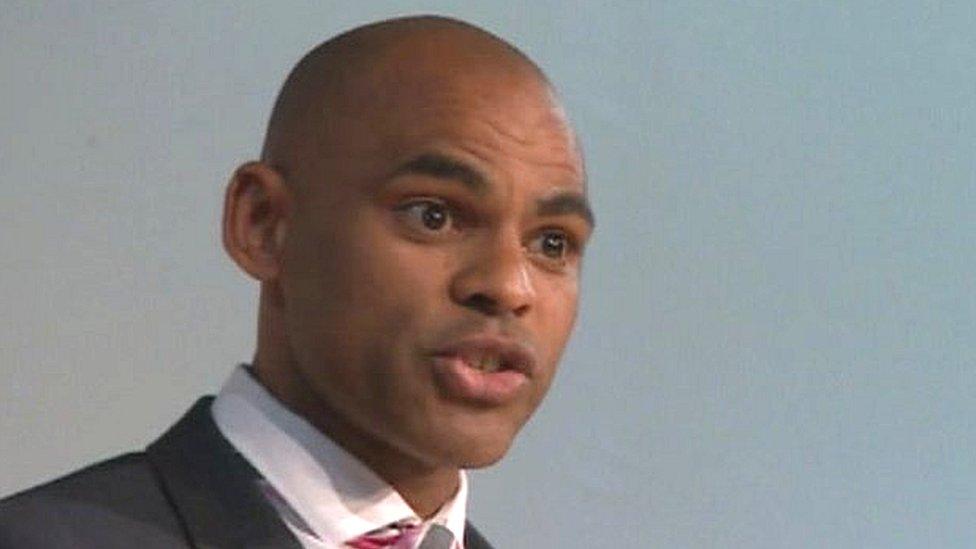
- Published31 May 2023
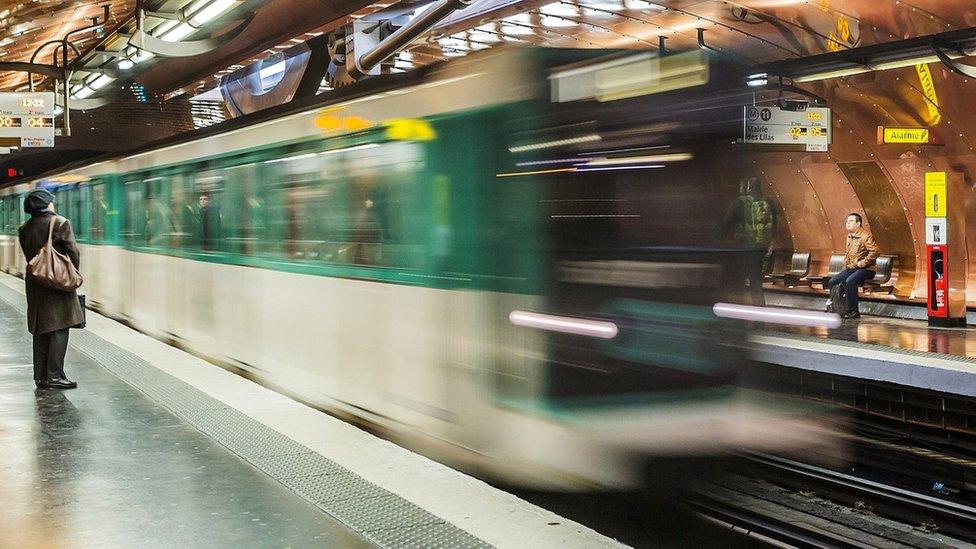
- Published6 June 2023
